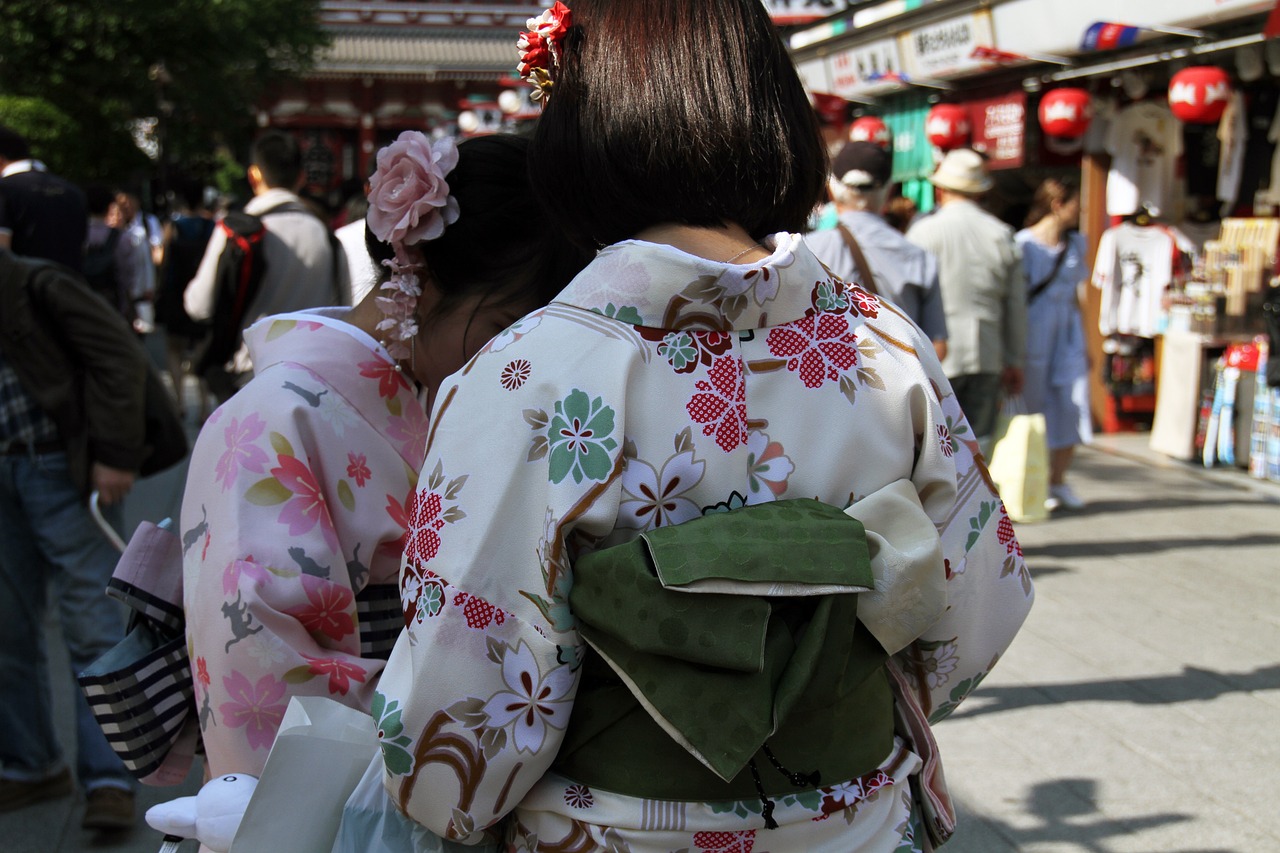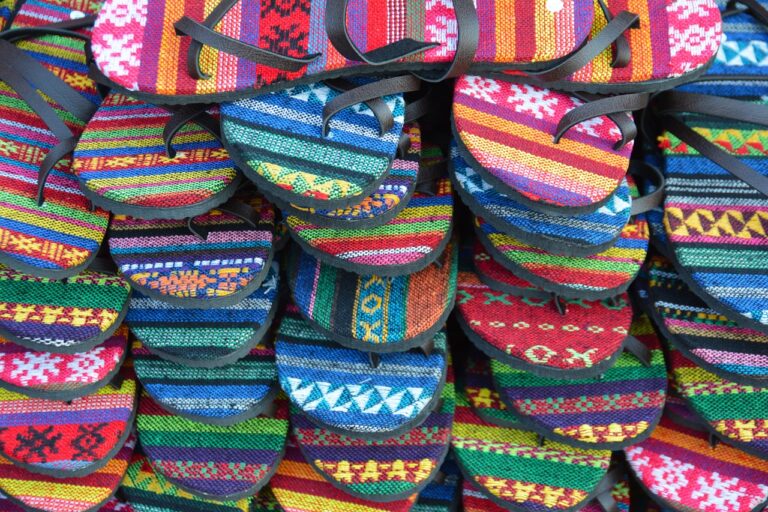Exploring Sustainable Textile Innovations for Boutique Brands: Betbook250 login, Reddybook id, Playlotus365
betbook250 login, reddybook id, playlotus365: Exploring Sustainable Textile Innovations for Boutique Brands
As boutique brands continue to gain popularity in the fashion industry, more and more consumers are seeking out sustainable and eco-friendly options. One area where boutique brands can make a significant impact is in their choice of textiles. By opting for sustainable textile innovations, boutique brands can not only reduce their environmental footprint but also appeal to a growing segment of socially conscious consumers.
In this article, we will explore some of the latest sustainable textile innovations that boutique brands can consider integrating into their collections. From recycled materials to biodegradable fabrics, there are a wide range of options available for brands looking to make more environmentally friendly choices. Let’s dive in and discover how boutique brands can lead the way in sustainable fashion.
Recycled Materials: Giving New Life to Old Textiles
One of the most popular sustainable textile innovations in recent years has been the use of recycled materials. By turning old textiles into new fabrics, brands can reduce the amount of waste generated by the fashion industry and lower their overall environmental impact. Recycled polyester, for example, is made from recycled plastic bottles and offers a durable and versatile option for clothing and accessories.
Another option is recycled cotton, which is created by breaking down old cotton garments and spinning them into new fibers. This process requires less water and energy than conventional cotton production, making it a more sustainable choice for boutique brands. By incorporating recycled materials into their collections, boutique brands can showcase their commitment to environmental responsibility and attract eco-conscious consumers.
Biodegradable Fabrics: Sustainable Solutions for the Future
In addition to recycled materials, biodegradable fabrics are another innovative option for boutique brands looking to prioritize sustainability. Fabrics such as Tencel, Modal, and lyocell are made from sustainably sourced wood pulp and are biodegradable, meaning they can decompose naturally at the end of their lifecycle. These fabrics offer a soft and luxurious feel, making them a popular choice for eco-friendly clothing.
Another biodegradable option is hemp, which requires minimal water and pesticides to grow and can be used to create a variety of textiles, including durable denim and soft linens. Hemp is also biodegradable and naturally antibacterial, making it an ideal choice for sustainable fashion brands. By incorporating biodegradable fabrics into their collections, boutique brands can offer high-quality, eco-friendly clothing that aligns with their values and resonates with environmentally conscious consumers.
Plant-Based Textiles: Sustainable and Cruelty-Free
For boutique brands that are committed to sustainability and animal welfare, plant-based textiles offer a cruelty-free alternative to traditional fabrics such as wool and silk. Fabrics like bamboo, soy, and eucalyptus are derived from renewable plant sources and are biodegradable, making them a sustainable choice for eco-conscious brands.
Bamboo is a particularly popular option, as it grows quickly and requires minimal water and pesticides to thrive. Bamboo fabric is soft, breathable, and naturally antibacterial, making it an excellent choice for activewear and loungewear. Similarly, soy fabric is made from soy protein fibers and offers a silky-smooth texture that is perfect for lingerie and intimate apparel. By incorporating plant-based textiles into their collections, boutique brands can offer cruelty-free alternatives to traditional fabrics and appeal to consumers who value sustainability and ethical fashion practices.
Natural Dyes: A Sustainable Splash of Color
In addition to choosing sustainable fabrics, boutique brands can also explore the use of natural dyes to add a pop of color to their collections. Traditional synthetic dyes are often toxic and harmful to the environment, while natural dyes are made from plant-based sources and are biodegradable, making them a more sustainable option for eco-conscious brands.
Natural dyes come in a wide range of hues and shades, from vibrant blues made from indigo plants to earthy browns derived from tree barks. By experimenting with natural dyes, boutique brands can create unique and eye-catching pieces that stand out from the crowd while reducing their environmental impact. Natural dyes are also less likely to cause skin irritation or allergies, making them a safer choice for consumers with sensitive skin. By incorporating natural dyes into their collections, boutique brands can showcase their creativity and commitment to sustainability, attracting consumers who appreciate both style and ethical practices.
Frequently Asked Questions
Q: Are sustainable textiles more expensive than traditional fabrics?
A: While sustainable textiles may have a higher upfront cost due to their production methods and sourcing, they can often be more cost-effective in the long run. By investing in high-quality, durable fabrics, boutique brands can create pieces that last longer and are less likely to end up in landfills. Additionally, consumers are increasingly willing to pay a premium for sustainable and ethically made clothing, making it a worthwhile investment for brands looking to differentiate themselves in the market.
Q: How can boutique brands communicate their use of sustainable textiles to consumers?
A: Boutique brands can communicate their commitment to sustainability through their marketing materials, website, and social media channels. By sharing the story behind their sustainable textiles and highlighting the environmental benefits of their products, brands can educate consumers and build trust with their target audience. Collaborating with influencers and sustainability advocates can also help boutique brands reach a wider audience and showcase their dedication to ethical and eco-friendly practices.
Q: What are some other ways boutique brands can promote sustainability?
A: In addition to using sustainable textiles, boutique brands can take a variety of steps to promote sustainability throughout their supply chain. This can include reducing waste in their production process, using eco-friendly packaging, and supporting ethical labor practices. Brands can also engage with their local community and participate in initiatives that promote environmental conservation and social responsibility. By taking a holistic approach to sustainability, boutique brands can make a positive impact on the planet and inspire others to follow their lead.
In conclusion, sustainable textile innovations offer boutique brands an opportunity to make a positive impact on the environment while appealing to socially conscious consumers. By incorporating recycled materials, biodegradable fabrics, plant-based textiles, and natural dyes into their collections, boutique brands can showcase their commitment to sustainability and ethical practices. As the demand for eco-friendly fashion continues to grow, boutique brands have a unique opportunity to lead the way in sustainable fashion and inspire change throughout the industry. By making thoughtful choices and prioritizing sustainability, boutique brands can create a more ethical and environmentally friendly future for fashion.
By exploring sustainable textile innovations, boutique brands can not only reduce their environmental footprint but also attract a growing segment of socially conscious consumers who are seeking out eco-friendly options. From recycled materials to biodegradable fabrics, there are a multitude of choices available for brands looking to make sustainable choices in their collections. Embracing these innovative textiles not only allows boutique brands to differentiate themselves in the market but also highlights their commitment to sustainability and ethical practices. As consumers become more aware of the impact of their purchasing decisions, boutique brands have a unique opportunity to lead the way in sustainable fashion and drive positive change throughout the industry.







